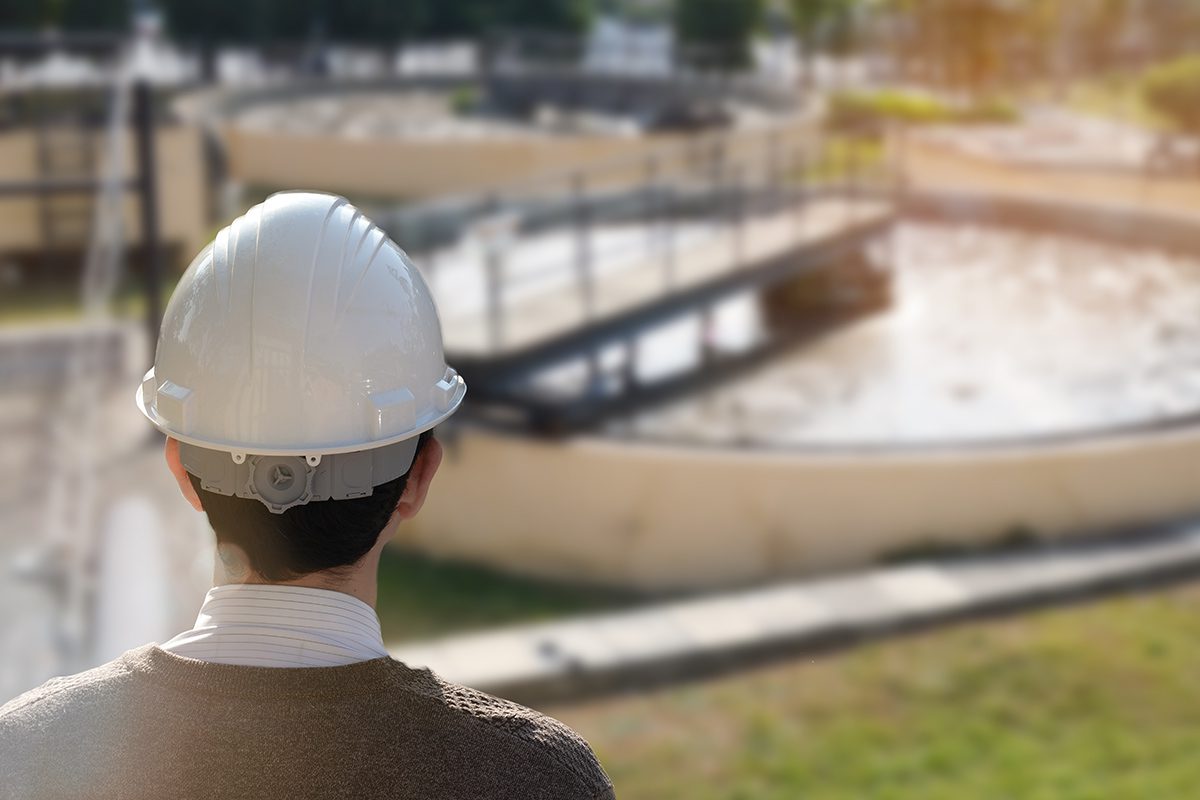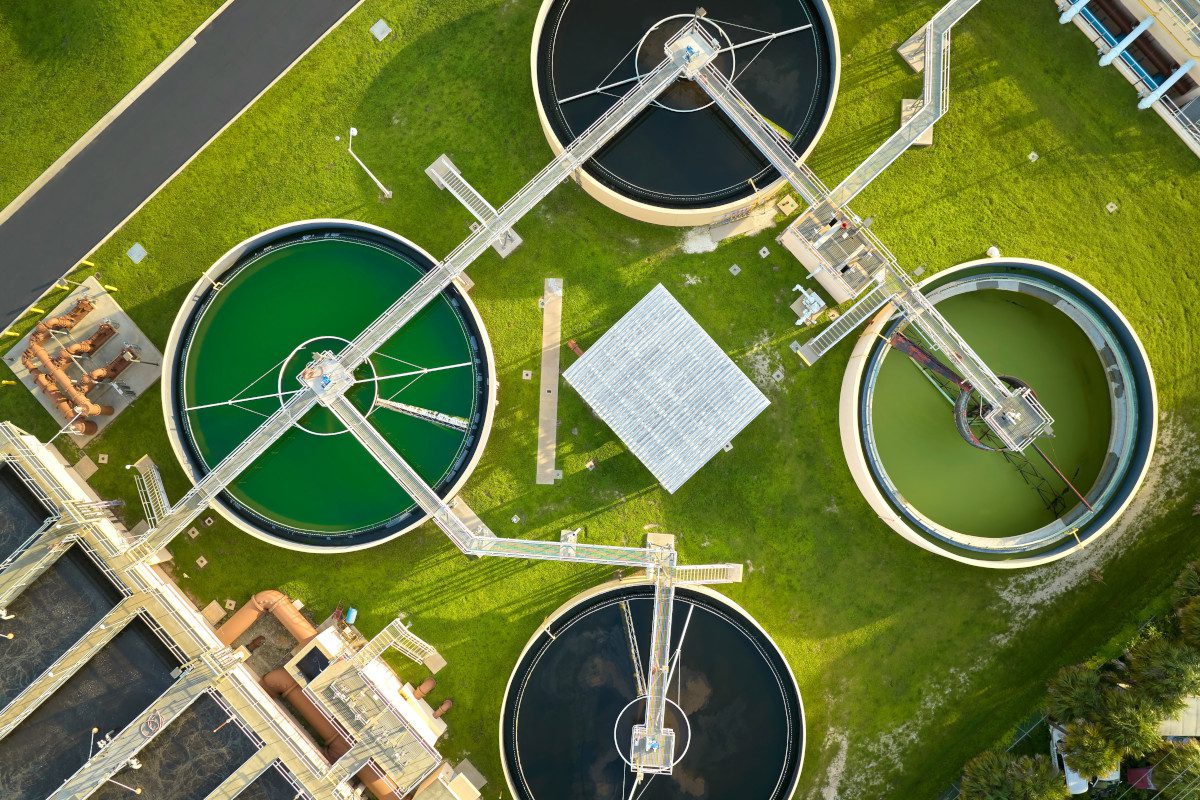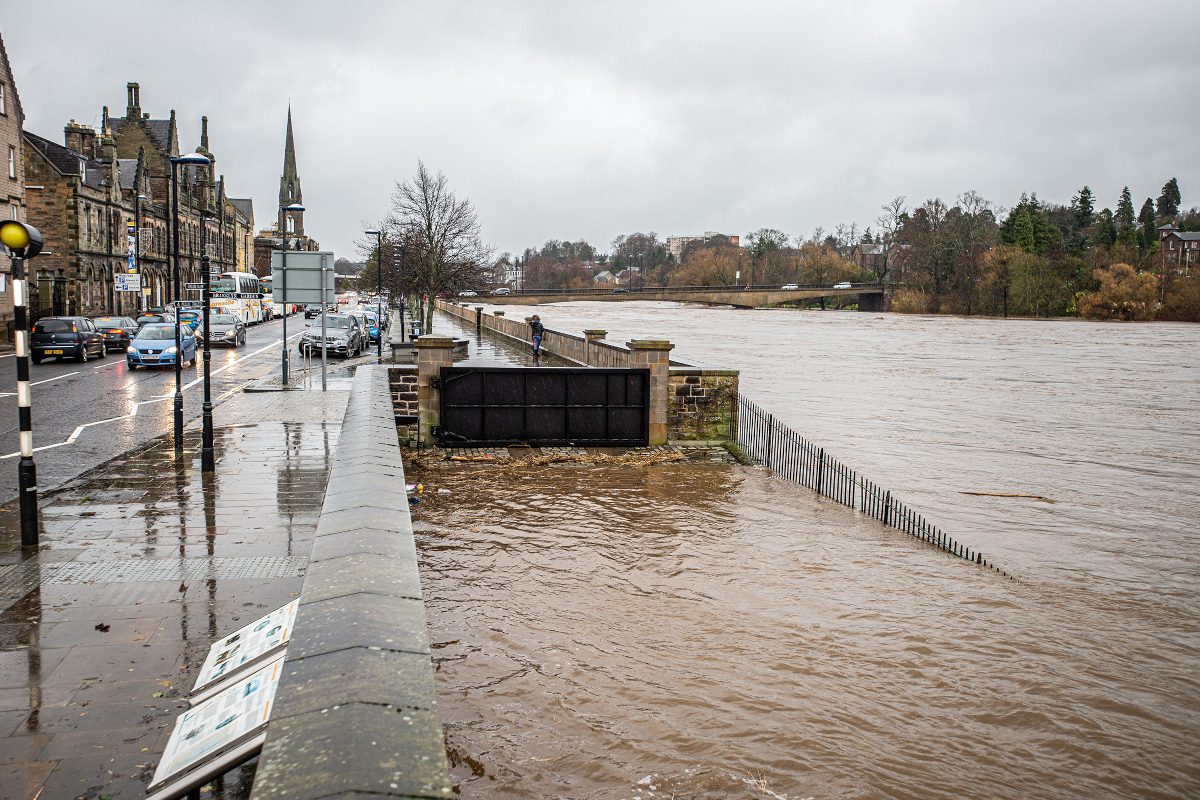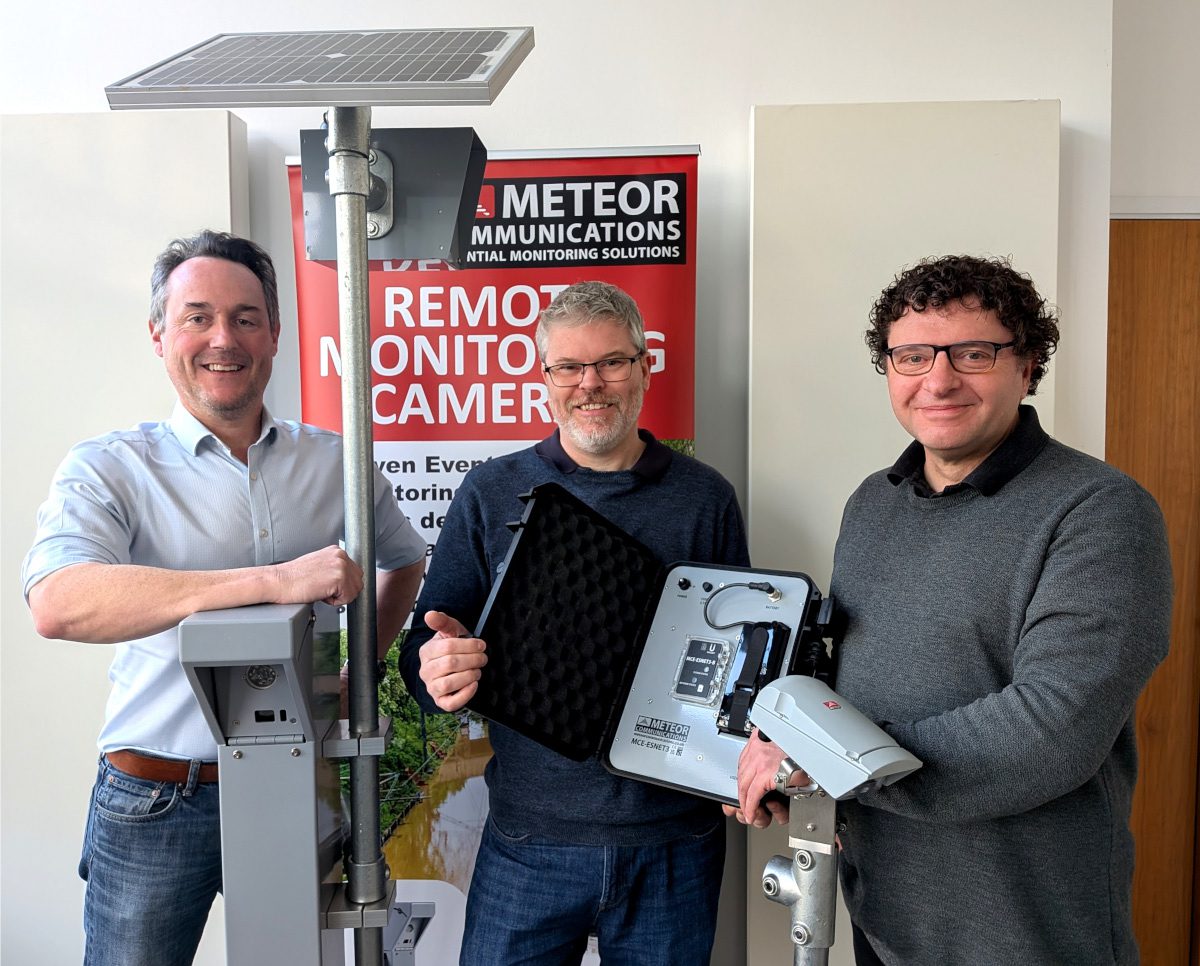The importance of building trust in real-time controls systems for sewer networks will be explored in a roundtable at World Water-Tech, hosted by Chengzi Chew, chief intrapreneur at Grundfos FutureLab, who shares his thoughts in a Q&A ahead of the event.
The title of your roundtable at World Water-Tech is – Overcoming trust issues: what does it take to adopt real-time control systems for sewer networks? Whose trust will you be talking about?
That is the first question – whose trust are we addressing? And the likely answer is that there are several levels of stakeholder.
The first is the regulators – if some kind of automated system is controlling this network, from a regulatory perspective, is there anything that would convince the regulators that there is a particular path for operations to go down?
Of course better control of the networks can help water companies regain trust of their customers too. It will take more work on that front, but showing how real-time control works on different scenarios and events could have an impact.
What is the impact on operators and how can trust in new technologies and approaches be built?
Operations is done by operators, of course, so technology changes can have an impact on their role and they will have concerns around how their jobs will change. I see real-time control systems for sewer networks as being like autopilot for aeroplanes – it can be used for a lot of things, but a plane still needs a pilot.
In the future, real-time control will help run sewer networks better, so that much more can be done with them. Once this technology is proven to work, it could really help operators within these utilities manage wastewater much better, but they will still be needed to run and oversee the systems.
In terms of technologies, how far along the road to real-time control of sewerage is the water sector?
At present, Grundfos, including our stand-alone data and telemetry division – Metasphere, can carry out the analytics and identify where incidents are occurring in the network. At World Water-Tech, we will be looking at the next step: now that you know what is happening in the network, what could you do with that information?
One of the pathways could be more real-time control. We need more collaborative research and innovation, rather than simply continuing with existing technologies. Feedback from water companies will help determine precisely where this should be applied.
What is Grundfos FutureLab and how does it nurture innovation?
The role of FutureLab is to explore new business opportunities in the water space for Grundfos. We have an innovation process for this work, and we are looking at ideas that could have a big impact on sustainability and resilience and would also make good business sense.
At FutureLab, we have created a structured innovation process with three distinct phases, typically starting with an idea and desktop studies to find out whether it has potential. Once that becomes more concrete, the idea moves to the concept phase of the project, and we spend more time with customers to better understand the landscape and the problems they are facing, and what could be an ideal solution for them.
At the same time, we might work on some prototypes to see what we can build to address that market. If we can get some good evidence to say this particular business idea could be good, direction for a product could be good, we move that to an incubation phase where we create a minimum viable product.
So you can picture those three phases as looking like an internal start-up within Grundfos, which is exactly what we seek to do – hence my role as ‘chief intrapreneur’.
Where in the world are we seeing advances in this area of innovation?
The UK is showing a lead in that work in some sense. The regulatory environment, in terms of fines for combined stormwater and sewage spills into surface waters, is more advanced than in other European countries.
While utilities mostly recognise that they have a vital role in protecting the environment and improving river health, the payback for new technologies is more evident when there are fines. If a particular system can reduce a certain number of overflow events, that could directly impact the number of fines, which gives you direct payback.
There are several ongoing projects in the UK, including at Northumbrian Water, which is doing some interesting work. In the US, utilities and municipalities invest in automated control to help reduce the investment needed to overcome overflow problems.
Say a site requires three additional storage tanks, but with a real-time control system in place, it only needs two tanks, or three smaller tanks. That represents a significant saving on overall investment.
Who would benefit from attending the roundtable you are hosting at World Water-Tech?
This discussion will explore the trust issues that hinder implementation, the technological advancements that can address these concerns, and the collaborative efforts needed to build confidence in these systems, so I would very much like water companies to join in the conversation and share experiences. I would also like regulators to be part of that conversation and of course we would like some technology providers to share experiences in this space.
Chengzi Chew hosts the roundtable – Overcoming trust issues: what does it take to adopt real-time control systems for sewer networks?, which takes place in London on 26 February at the World Water-Tech Innovation Summit.
















